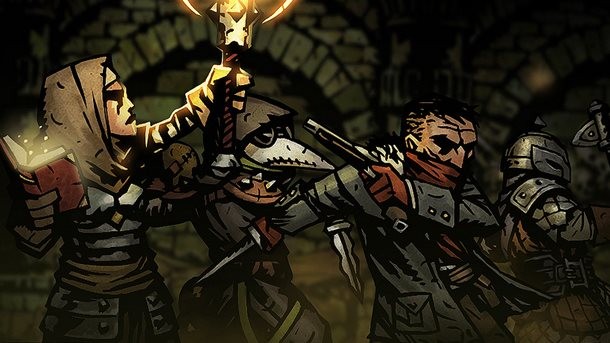007 First Light headlines our newest issue about the most anticipated games of 2026 and beyond. Subscribe now!
The Virtual Life – Mini Metro and The Beauty Of Rigged Games

Mini Metro is deceptive. It’s colorful, seemingly simple, a game of lines and connecting dots. It is also a game that will destroy you.
Each session of Mini Metro involves you trying to build as efficient a metro as possible across real-world cities, like New York and Hong Kong, and trying to keep the subways and train stations uncongested. If even one of your train stations becomes overpopulated by impatient passengers, the game ends. And it will end. Because you’re not good enough, kiddo. No matter what you do, the system will become too overburdened with passengers for you to fend off the annoying doomsday chirp notifying you that a station has become too crowded.
This is a game you will lose, every time, without question. But maybe that’s not such a bad thing. Arcade games were constructed in such a way, with difficulty stacked against the player so that they were meant to spend more money to survive, their only reward often being a name on the high-score board — a brief memorial for the past hours they spent dodging enemy attacks or collecting power-ups. In the age of home consoles and content fixation, such things might seem silly to most people who play games. They’re often searching for distraction from the dark times or just casual entertainment and find it in the generous-bordering-on-suffocating content dispersions of games like Destiny and Literally Any Open-World Ubisoft Game.
I generally like those games too. However, I don’t fall in love with them like I do with tautly designed games that remind me that the world is not for the taking and that there is still beauty in losing things. I never beat Darkest Dungeon, a game I enjoyed immensely, but I never felt cheated for giving up on the experience; in fact, I felt like my decision to walk away from this costly expedition into the depths of Lovecraftian horror was the only way to win in any sense given the themes of the story. It was a powerful thing to me, to feel exhausted to the point of quitting the game, to embrace failure, to look at all of those lives expended in search of what lies beneath the manor and then walk away from it.
It’s always games like this, games that teach you about embracing failure, that stick with me the hardest. Dark Souls’ inclination to punish you and make you earn your victories in a ruined world is a pretty obvious example of that, as is Spelunky and The Binding Isaac. Anyone who’s kept up with this column or knows me knows my love for Wolfenstein: The New Order and its bloody story about the cost of redemption. However, games where there is no victory that can be earned for the player resonate even harder. The first season of The Walking Dead ends with so much lost just to give a little girl the chance to survive into a cruel, uncaring world. The absolute, complete ruin of Spec Ops: The Line’s protagonist by the end of the game feels like an indictment of any game that’s ever presented violence as an eventual means to happiness.

All of these games, and more, embrace loss, but I’ve come back to Mini Metro over and over again. Sometimes obsessively, sometimes like how you might get the urge to talk to friend you haven’t spoken to in a long time. I sit for hours, connecting dots, desperately trying to outrun my last high score, eyes nervously glancing around the map for a congested station where I can swiftly add a train or fiddle around with the placement of tracks before the end arrives.
I’ve come to a level of peace with losing in Mini Metro. Sometimes I purposely lose early so that I can focus on building ludicrous tracks that have no efficiency—loop de loops and the like—just so I can make something that’s zany and colorful and worth losing over. I mean, if I’m going to lose the game anyway why not do it my way and just ignore the rules altogether? This is one of the benefits of participating in an interactive medium. Even if the game you’re playing is purposely designed so that you lose, you can still find meaning or even fun as you play with and interpret its mechanics. It’s a curious thing to think that as the long winter sets in and I journey home to see my family, I imagine I’ll be spending a fair amount of time on my phone, dragging my fingers from station to station, chuckling to myself as failure devours my efforts over and over again.


Get the Game Informer Print Edition!
Explore your favorite games in premium print format, delivered to your door.
- 10 issues per year
- Only $4.80 per issue
- Full digital magazine archive access
- Since 1991









